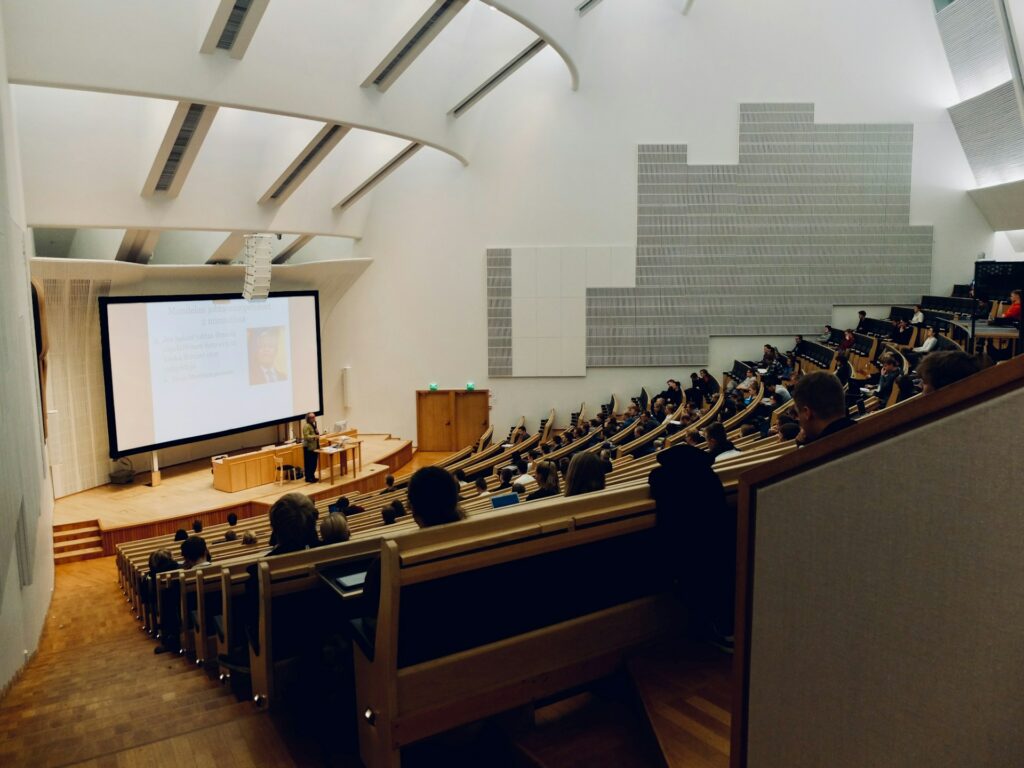
(Scypre.com) – Protests led by pro-Palestinian student groups have intensified on college campuses nationwide, from the West Coast to the East, spotlighting the ongoing conflict in Gaza. These demonstrations, marked by increased fervor and participation, have extended from universities in California to institutions in Georgia and from Boston to Florida.
Students are fervently working to raise awareness about the war, employing various forms of protest including sit-ins, die-ins, and the establishment of temporary encampments on campus grounds.
The response from law enforcement has been robust, with police actions at various campuses leading to confrontations and arrests. Notably, at Emerson College, the University of Southern California, and the University of Texas at Austin, police detained several demonstrators. These incidents are part of a broader pattern of law enforcement engaging with protesters, which has sometimes escalated to the use of force.
In a significant incident at Emory University in Atlanta, officers dismantled a protest camp early Thursday morning. According to the campus newspaper, law enforcement utilized gas and made several arrests, with social media footage capturing a person being forcibly subdued by officers amidst screams from onlookers. The Atlanta Police Department, through spokesman Anthony W. Grant, stated that they provided assistance at the university’s request, although specific details regarding police tactics were not disclosed. Laura Diamond, a spokesperson for Emory, claimed the protesters were primarily non-students who had trespassed onto university property.
The situation in Atlanta also ties into local disputes over a planned police training facility on forested land, which critics have dubbed “Cop City.” This has been a contentious issue for over a year, with Thursday’s university protest coinciding with broader local unrest.
Moving north to Boston, Emerson College students led a demonstration outside the State Transportation Building, forming a human barrier and wielding umbrellas as police intervened. Sergeant Detective John Boyle of the Boston Police Department reported that the confrontation resulted in 108 arrests, with four officers sustaining injuries.
However, there were no reported injuries among the arrested protesters. The response from local authorities sparked outcry from the activist group Emerson Students for Justice in Palestine, which condemned the police’s handling of the protesters and appealed to Boston Mayor Michelle Wu to better protect her constituents.
The wave of protests is not limited to these incidents. At Northwestern University, students began setting up an encampment early Thursday, while over 60 students initiated a sit-in at Princeton University. Furthermore, the University of Delaware saw continued protests following a die-in on Wednesday. Protests also resumed at Harvard Yard, where a peaceful encampment has been in place since Wednesday, and at George Washington University, where around 30 tents were erected on the central lawn.
These campus actions are part of a broader swell of demonstrations that have affected numerous institutions, including Columbia University, New York University, and California State Polytechnic at Humboldt. These universities have seen a stringent response from campus authorities and local law enforcement, leading to arrests and ongoing tensions. At the University of Texas at Austin, clashes on Wednesday led to the arrest of 34 protesters by state troopers in riot gear, an action directed by Governor Greg Abbott. At the University of Southern California, a clash with police resulted in 93 arrests, with officials reporting that the protesters dispersed afterward.
As the protests continue, universities are taking measures to manage the impact on campus activities. For example, Columbia University has transitioned many classes to a hybrid format for the semester, while Cal Poly Humboldt has temporarily closed its campus, shifting to remote work through the weekend.
These unfolding events underscore a significant moment of student activism, reflecting deep engagement with global issues and a strong response from university administrations and local governments across the United States.